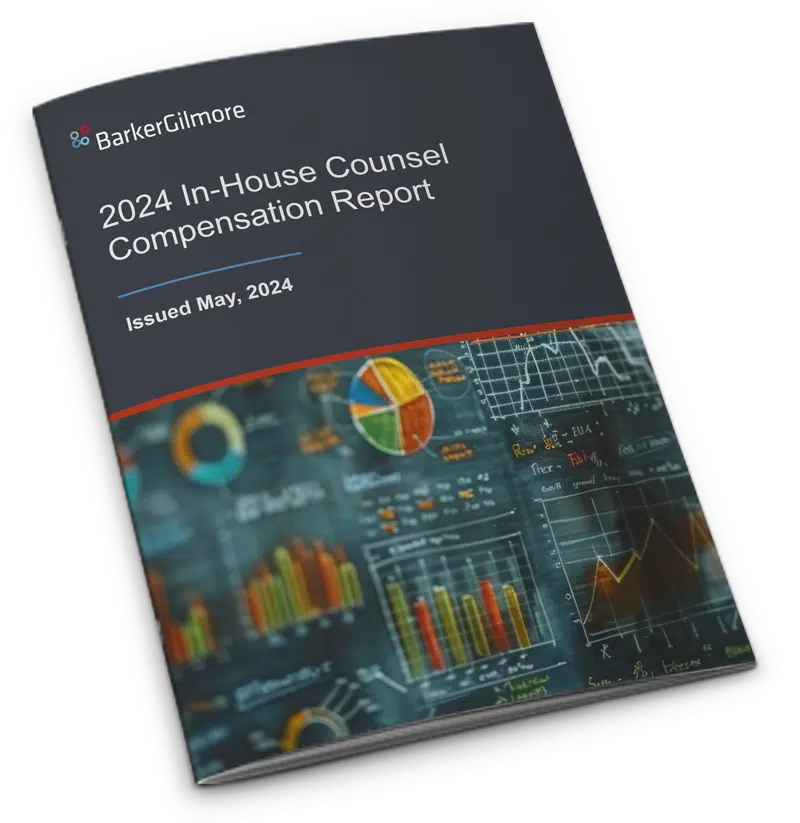In this three-part series, we provide practical advice and useful tips to help employers and candidates determine during the hiring process if there is a mutually beneficial cultural fit. Our first article, How to Describe Your Company Culture to Attract the Right Candidates, focuses on the value of cultural fit and how companies can describe the unique elements of their culture when interviewing candidates. The second article, How to Determine if a Candidate is the Right Culture Fit, provides advice for candidate assessment. BarkerGilmore Strategic Advisors Maureen Brundage, Helen Pudlin, and Audrey Rubin now discuss the final piece of the puzzle — what the candidate needs to do to determine if a company’s culture is an ideal fit for them.
Be a Sleuth — Search Online Before the Interview.
You are sure to be presented with information that showcases the company’s perceptions of its “best self” during your round of interviews. However, it’s really important to do your own research and take a more informal look at the company’s culture. Consider the following:
- Scour the company’s website for diversity statistics, news releases, and other relevant facts.
- Undertake a few Google searches to find any “hidden” news that involves the company or its employees.
- Review their social media presence on Facebook, Twitter, and LinkedIn.
- Look up some of the employees on LinkedIn to get a deeper understanding of their values and what they are really like.
- Try to find group photos of employees at company events as they will give you another perspective on who they are and what is emphasized in their culture. Do the photos look and feel in alignment with your personality and values?
- Consider reviews about the company that are posted on sites like Indeed and Glassdoor. In the aggregate, they will likely reveal kernels of truth about the culture.
Get Connected to Current and Former Employees.
There is absolutely no substitute for talking to people who are currently a part of the organization as well as those who have left. Think about where you might have a connection or how you can arrange an introduction to these individuals — through your memberships in professional or trade organizations, alumni associations, former colleagues, etc. Ask individuals at different levels in the organization questions like these:
- What is the culture like?
- Is it a high integrity organization? A culture of the highest ethical standards?
- Is there a culture of compliance?
- Do people collaborate and cooperate, or is the culture compartmentalized, Balkanized?
- Are individuals highly competitive within the organization as opposed to collaborative?
Asking direct questions will provide the best insight into the reality of the culture and give you a true sense of whether or not it is a good fit for you. Although not a substitute for direct contact, if it is a regulated company, you can search public documents and look for enforcement actions or settlements. This will give you a sense of whether there is a culture of compliance within the organization, or if there are compliance problems or ethical lapses that have translated into enforcement actions.
Raise Your Antenna During the Interview Process.
Observe what is going on around you throughout the interview, whether it is in person or in a remote setting. No details are too small to be telling. If you are waiting in a reception area for the interview to begin, look at whether the culture is welcoming. Do employees greet one another? Are they cordial? While you are being escorted to the interview, does that person interact with employees along the way or do they ignore one another? During the interview itself, note how an assistant is asked to get coffee and how they bring it back. Day-to-day routine activities can reveal big truths.
Virtual interviews can offer other more personal perspectives. Since the probability of walking up and down the halls and experiencing the diversity of the culture firsthand is limited in today’s work environment, numbers will give a better sense. Instead of only relying on the interview, search the NALP and other diversity websites to see how many jobs the company has posted in places geared to non-whites and females. Do some additional digging, and ask the interviewers whether they administer employee engagement surveys, how often they do so, and even to share information about the results.
Remember, In the End, It’s All About You.
Keep in mind that the employer is interviewing you to make a good hiring decision, but it’s vital to gather as much information as possible about the company’s culture throughout the interview process – so that you make the right career decision.
Maureen Brundage, Helen Pudlin, Audrey Rubin, and our team of consultants are happy to help accelerate the initiatives that you’re already pursuing or to supplement your current strategic thinking to help you realize your vision. Please reach out if you or your organization may benefit from our recruiting, leadership development, or law and compliance department consulting services.
Connect with a legal recruiting advisor
* indicates required fields







